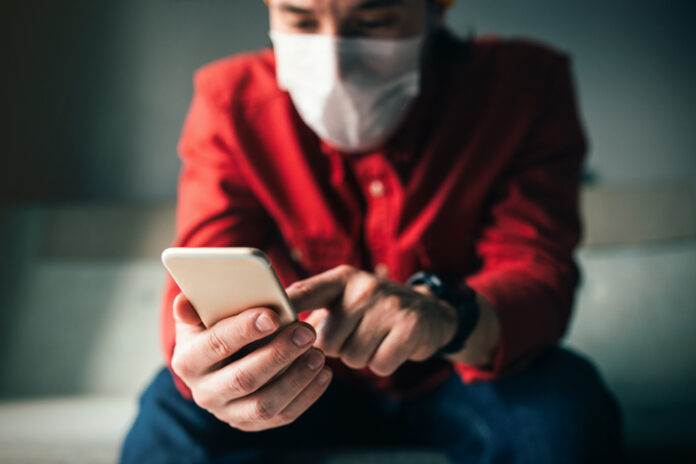Google and Apple announced the removal of certain privacy protections in their contact tracing act, so the software can notify health agencies of exposure even faster.
COVID-19 cases have been declining in the United States, but the tech giants are still moving full speed ahead with the notification tool, which uses a phone’s Bluetooth capability to measure the distance between two phones. The software will also be able to track people through IP addresses.
On September 1, the two companies announced they will no longer require public health agencies to be part of the notification loop, with software customized to a particular region’s needs. However, public agencies will provide basic information that will be incorporated into the app, including what risk scores would trigger a notification.
The District of Columbia, Maryland, Nevada, and Virginia will be the first places to deploy the new system with more states joining later this fall, the companies state.
Voluntary or Mandatory
The companies state that the tracing app will not replace in-person contact notification and that use of the system would be fully voluntary. But apps, which are often “free,” always come with a “privacy” pricetag, says Twila Brase, author of Big Brother in the Exam Room: The Dangerous Truth About Electronic Health Records, and policy advisor to the Heartland Institute, which co-publishes Health Care News.
“Things that begin as voluntary can become mandatory,” Brase said. “Even though the app is a private initiative, public officials and agencies can create public-private partnerships that turn a once voluntary app into a mandatory app for those who wish to engage in the normal activities of life, such as access to stores, restaurants, and more. Already, three professors from Case Western Reserve have suggested a bevy of penalties for those who cannot produce certification of vaccination or immunity.”
Although efforts between the public and private sector to develop technology to stop a virus with contact tracing could be beneficial, the public needs to be wary, Brase says.
“Most Americans depend on Google and Apple,” Brase said. “As is clear in countries with socialized or totalitarian governments, such as in China, South Korea and elsewhere, the phone and its applications can become modes of surveillance, coercion and government control.”
-Staff reports





















